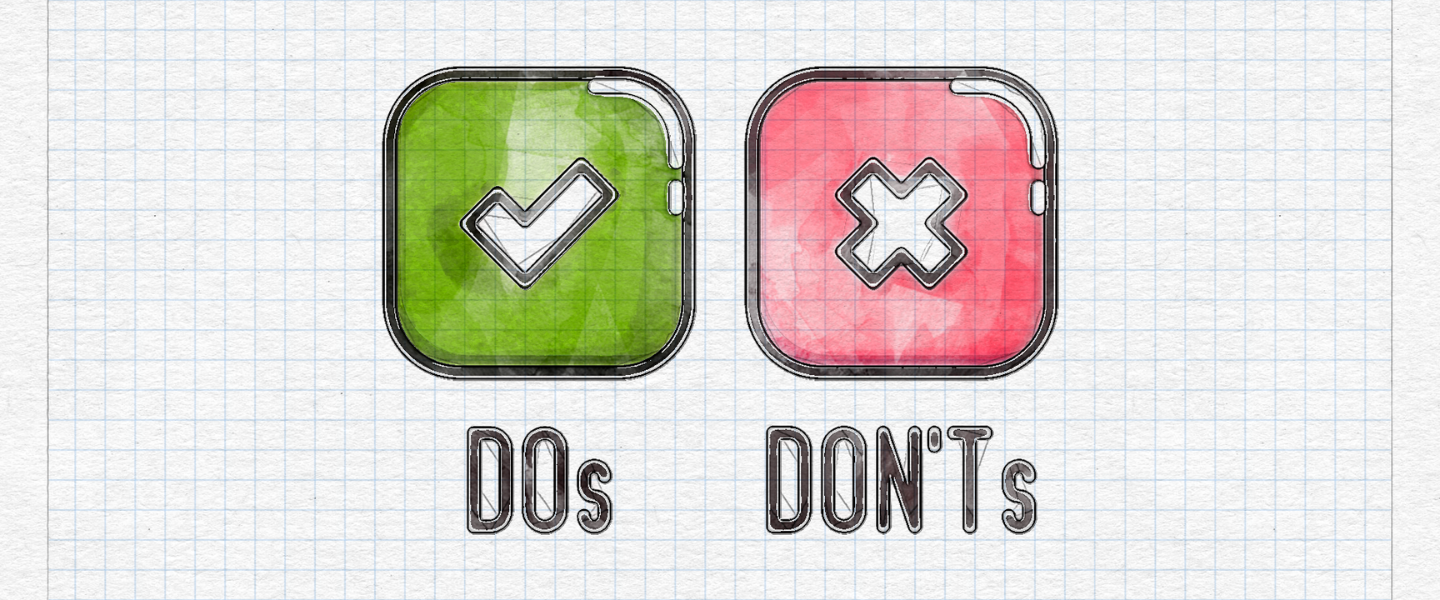At the core of any manager’s skill set is an ability to optimize team and individual performance by helping to set goals and provide feedback. While the task itself is foundational, it requires a host of other skills in order to do so effectively. We need look no further than our own motivation to perform to understand what works and what doesn’t. Performance can be a triggering word for many of us, just like productivity, or efficiency. These words can illicit an immediate defensive posture, or a fight or flight response, that makes all other words that follow unheard. When thinking about performance management, start with an appreciation for what certain words have come to mean for workers and employ your emotional intelligence to understand the response to a conversation that begins with, “Let’s schedule your ‘performance’ review”. Instead, think about performance management in perhaps less structured and hierarchical ways and think of it more through a metaphorical lens such as being the director of a group of actors rehearsing for an on-stage performance.
The actor — off-stage — rehearses and gets real-time feedback from their director. This is normally a welcome place to get constructive feedback; “you aren’t projecting enough”, “in the scene you should seem angry, not melancholy”, or “the audience needs to feel your passion and you seem disinterested”. The actors may not love the criticism, but they know the director wants to help them improve their craft and it is much better to learn this during rehearsal than in front of a live audience.
The actor — on-stage – relies on the coaching they have received and what has been learned during rehearsal to deliver a great performance. The audience will grade them with their applause or laughter, and they will see for themselves how well they have delivered their craft.
Metaphors are great at simplifying concepts but eventually they need to translate to the world we live in. In this case, consider the manager responsible for a team of software engineers. What does the off-stage look like? How is it kept safe? Does it include team members where everyone is being coached collectively? How often are rehearsals? What does on-stage mean for this software team? Will they know how well they delivered their craft?
Managers should have a regular cadence of interactions (rehearsals) with their team members where each individual safely welcomes ideas, coaching, and constructive criticism. This is where SMART goals are set (specific, measurable, achievable, relevant, and time-bound) and performance expectations are set, reiterated, and reinforced; what needs to be done, when should it be completed, and how will we know if it was successful? Coaching of this kind is not micro-managing; in our metaphor micromanaging would be reading the actor’s lines for them.
Managers should also keep a clear eye on results and outcomes. This is where the work of “performance management” is validated; did the audience applaud? Was the product built by the software engineers adopted by the target consumer and were they pleased with its features and functionality? Managers need to follow through on those final results and avoid simply moving on to the next project… remember, the actor needs an audience’s response in real time, so minimize the delay on outcomes feedback. Thinking of performance management as a once, or twice, a year event with sporadic check-ins or designing performance improvement plans for poor performers is no longer how managers should think about managing performance.
Performance management also requires attention to measurable progress and results. Many organizations design sophisticated (or not so much) productivity reporting, again the word “productivity” invokes a defensive posture even with the best of intentions. Having one’s “productivity” scrutinized can make an employee feel that they are not trusted to be working hard or efficiently. Instead, it is best to manage performance by building capacity to produce, this approach measures productivity from a more constructive perspective. Which do you think is more likely to result in engagement and collaboration with a team member, “I would like to talk to you about your productivity”, or “I would like to talk to you about how we can free up more capacity for you to do the work you do.”? Words matter, and managers who understand how to approach these topics are more likely to level-up their team’s performance.
Finally, one outcome of performance management is to breakdown the barriers to constructive feedback by making the process a cultural norm and this requires feedback be a two-way street. Leaders who seek feedback from their team members because they genuinely see it as an improvement opportunity for themselves, are going to find their employees become more receptive, as well. Creating a culture that is safe, open, and trusting improves everyone’s “performance”, or better said, it improves the quantity and quality of work. Front-line managers can have the greatest impact because they are positioned to provide feedback to the greatest numbers of people who do the work, but culturally this norm can, and should, exist at all levels. Contrast the CEO, who when getting a backlash of critical feedback about rolling out a new policy says, “we’ve made a decision, if you don’t like it, this may not be the right place for you” with the CEO that says, “clearly we need to do a reset on this and learn more about your concerns before moving forward”. The second response doesn’t mean the policy won’t go forward; it may, or it may not, but either way, team members get to see a senior leader openly take feedback and consider a change in course.
Performance management, or capacity optimization, is a set of skills that when trained and practiced by managers will bring most any organization into a state of high-performance. Give managers time and training to practice their craft.











